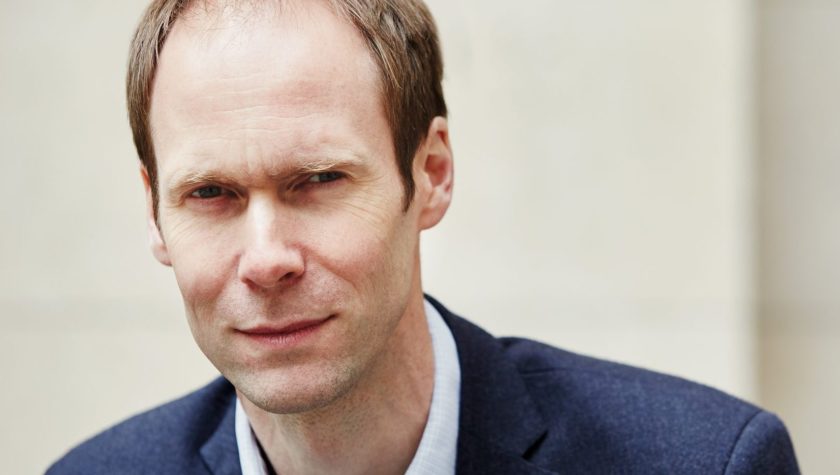Two years ago today the creation of the National Infrastructure Commission was announced. As we prepare for the launch of our interim National Infrastructure Assessment – the country’s first – it’s important to remember how much we’ve achieved in just two years.
Our first report on Smart Power focused on the potential of more flexible electricity generation and transmission through using new storage and generating technologies and creating the regulations and market strategies necessary to embed them. The prize, if we get it right, is significant: a potential £8bn a year savings by 2030. I’m therefore pleased the Government’s plans to upgrade our electricity network included many of the specific changes we recommended.
Our Transport for a World City report from March 2016 made clear the pressing need for a Crossrail 2 line linking the north and south of the capital – as long as strict conditions on costs, funding and housing delivery were met. This line would relieve some of London’s most congested stations, significantly increase capacity through the city centre and unlock up to 200,000 homes.
In that same month we set out a vision for transforming rail transport in the North of England through kick-starting HS3, integrating it with HS2 and revitalising the region’s gateway stations. While this week’s announcement of a further £300million investment in rail across the North of England to make the most of HS2 is welcome, this additional connectivity will still be needed if we’re to make the most of the region’s economic potential.
I’m also proud of our work advising the Government on the best ways to make the most of the so-called Growth Corridor between Cambridge, Milton Keynes and Oxford. Our report made clear the need for better connectivity by road and rail across the area, integrated with ambitious plans for housing growth. The Government subsequently indicated its support for this approach with a £27m development grant for a fast road link between Oxford and Cambridge and £100m to accelerate the East-West rail connection in last November’s Autumn Statement. A second phase of this study is due to be published shortly.
But the Commission also wants to ensure that data is seen as important as pipes, rail and concrete in planning our future infrastructure. Connected Future clearly showed that, setting out the challenge in ensuring the UK leads the world in 5G connections. We plan to go further with our current New Technologies work and advise on how emerging innovations like artificial intelligence and predictive maintenance could help us effectively plan for future infrastructure while better maintaining our existing assets.
Even after a constructive first two years, we cannot be complacent. Things change. For example, Brexit wasn’t on the horizon when we started. It is now. It’s essential that this and a hung Parliament don’t derail policymakers from making decisions that encourage investment in future proofing our road, rail, digital, water and energy systems.
There’s much to do, as Lord Adonis made crystal clear in his post-election statement. In that, he listed the 12 infrastructure decisions sat in Minister’s in-trays that need urgent attention. It was a key part of our wider role, to scrutinize and report on the progress Government makes on these and other key infrastructure issues – and we’re prepared to be vocal where delays arise.
But all of this is on top of our main duty – delivering a National Infrastructure Assessment once a Parliament. Today we’ve published an interim report for consultation and we want to hear views from organisations and individuals from across the infrastructure sector and from outside it.
I’m confident that the approach we’ve taken – listening to a wide range of viewpoints, building our evidence base, focusing on deliverable solutions – means our first National Infrastructure Assessment will make the strongest possible case for how transforming our infrastructure will improve our competitiveness and raise everyone’s quality of life.
These are, after all, a key part of our core purpose – and one we intend to continue as we start our third year of operation.




